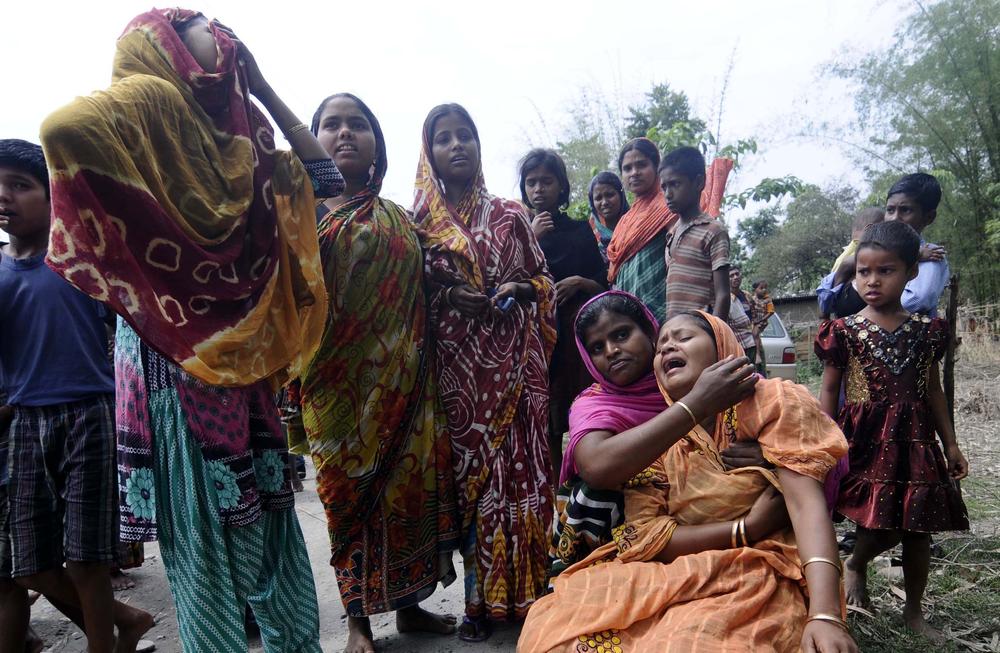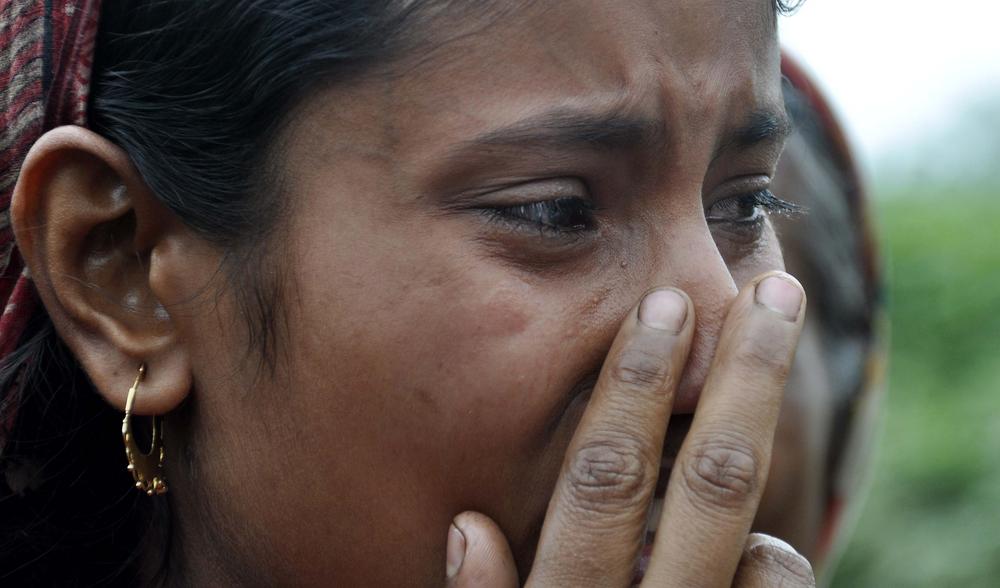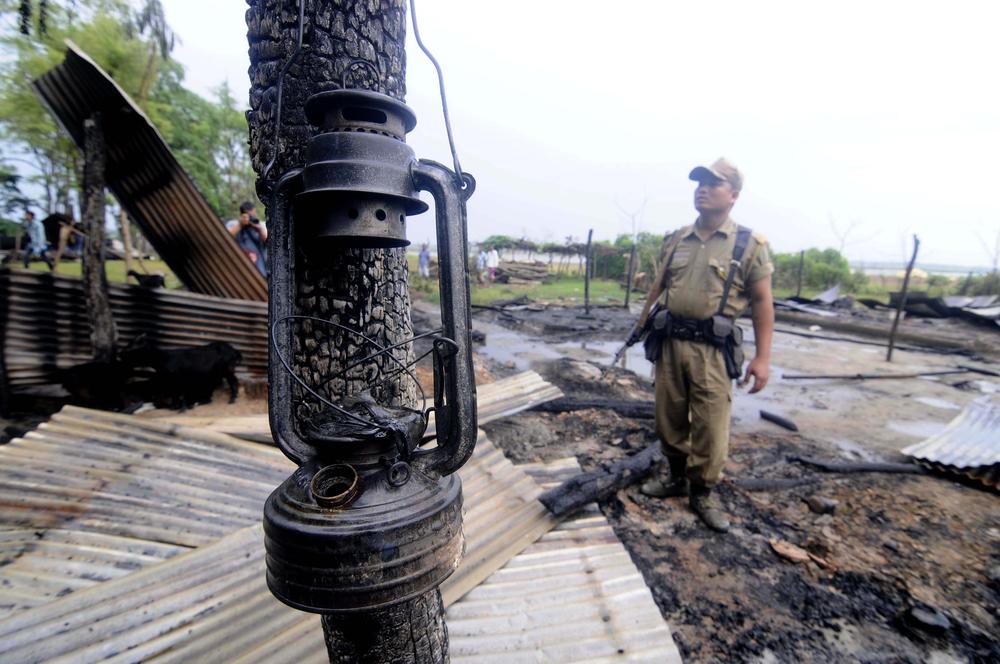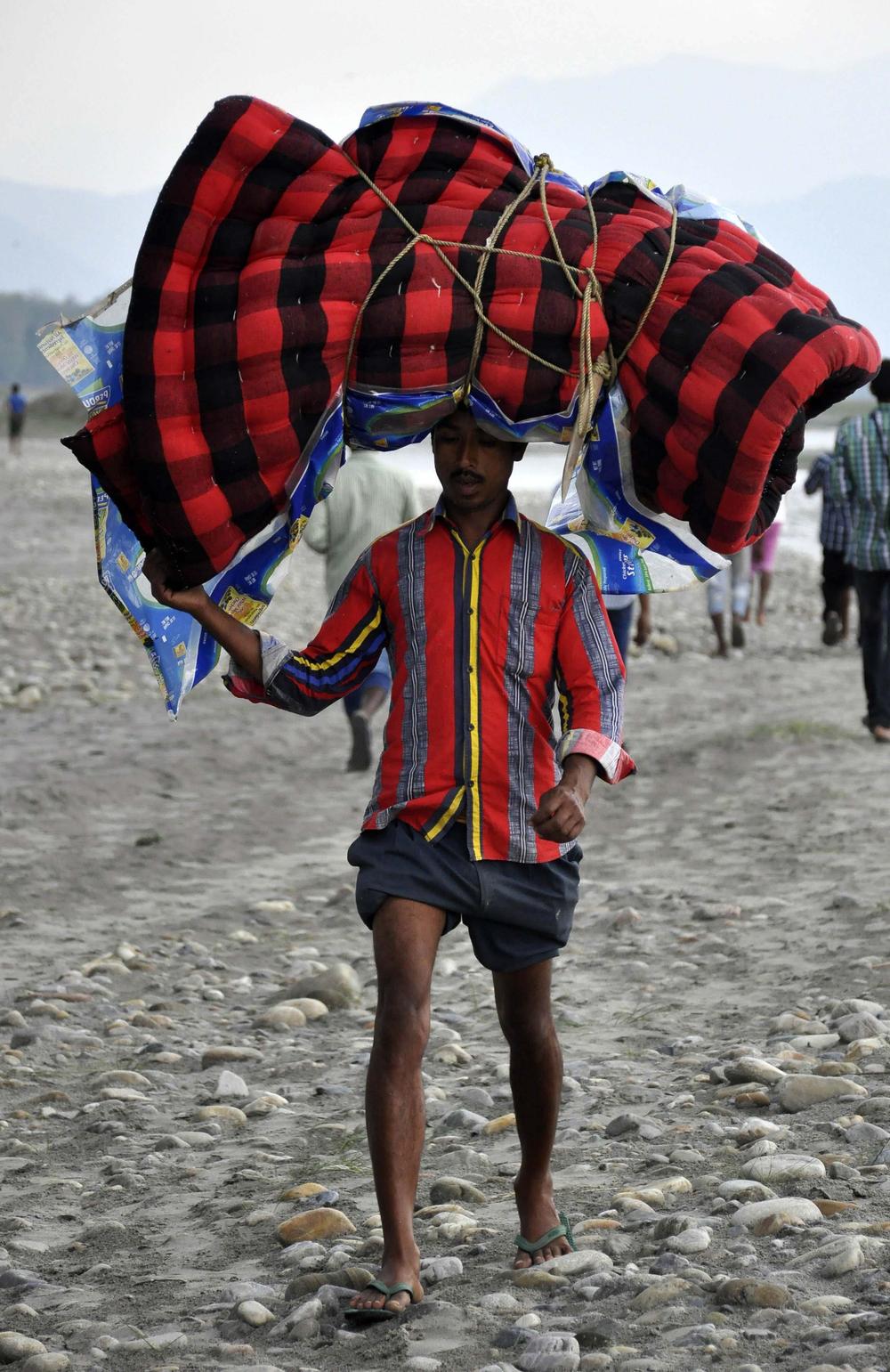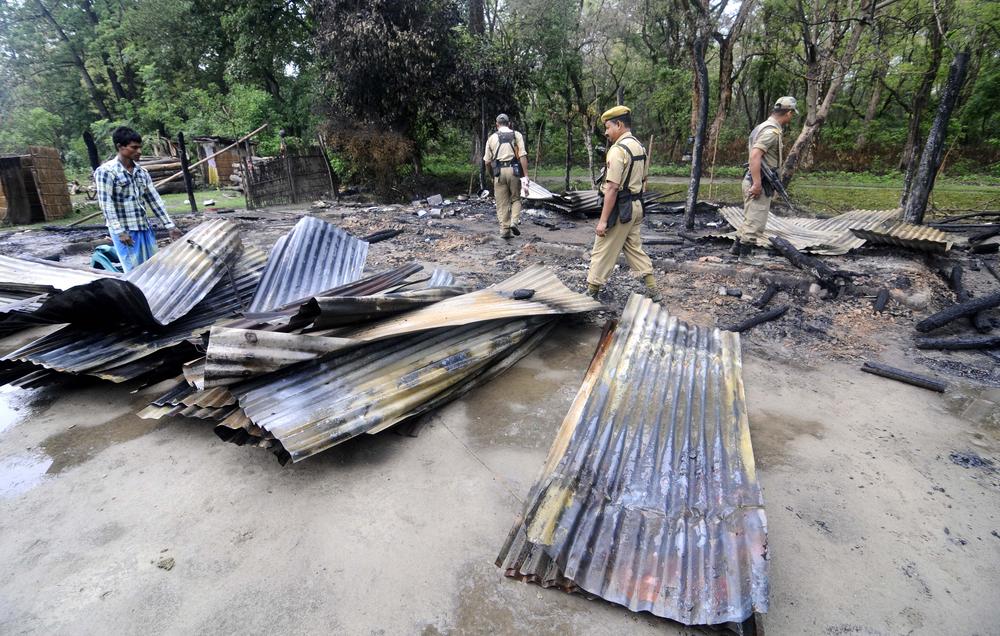By Sadaf Farooqi
Most Muslims in Eastern countries employ domestic staff as a norm. For some, domestic helpers are a priceless resource who significantly ease our day-to-day chores. Conversely, for others, they can be a source of distress and chagrin.
Many women complain to each other about the trouble they face from the incompetence, treachery, and intentional misdemeanor of their servants. However, we need to remind ourselves that it is in managing our helpers according to Islamic injunctions where the secret lies to get the best out of them.
1. Think of their pay as Sadaqah
We need to change the way we view our servants’ wages. By considering it an “expense,” we tend to extract “full value” of the money. For instance, even if a maid is sick, her employer might say, “I pay her to work, so she must work.” But if we consider the salary a “Sadaqah” that helps fill their bellies, we will Insha Allah be more tolerant of their shortcomings as human beings.
2. Counsel them when they need it
You might notice that your domestic helpers are disturbed on some days. They are human beings who have problems and worries just like us. Ask them what is troubling them; then advise them to have patience and hope in Allah’s mercy. Keep the counsel short, but show them that you care.
3. Forgive and forget their mistakes
Just like other human relationships, it is not pleasant to have your past mistakes and wrongs thrown in your face repeatedly. Forgive them for the sake of Allah if they wrong you, and do not be harsh when scolding them.
4. Do not accuse them of stealing, cheating or lying on mere suspicion
Many employers are guilty of this unfair action – as soon as something in the house is missing due to their own absentmindedness, the domestic helper is squarely accused of theft or negligence. “O you who believe! Avoid suspicion as much (as possible): for suspicion in some cases is a sin.” (Qur’an, 49:12). Ask them normally if they have seen the missing object, but do not accuse them of theft or misplacement. In most cases, the object is eventually found after the maid has been fired, causing guilt and embarrassment to the employer for life.
5. Informally teach them Islamic manners and knowledge
One of the rights of our domestic helpers upon us is that they be taught about Islam, or given its message if they are non-Muslims. Without being overtly ‘preachy’, give them small doses of the truth. The best way is to act upon Islam yourself. This will eventually make them love and respect you for the sake of Allah – which results in a sincere relationship devoid of mistrust and treachery.
6. Eat with them occasionally without separating utensils
Domestic helpers are not animals. Some people treat them as if they are unhygienic beings from another planet. Allow them to use the utensils from which you and your family eat. If they have dirty habits, teach them hygiene. But do not separate their utensils as if they are untouchables. This will make them feel insulted. They will never return an insult with loyalty or obedience. Abu Bakr Bin Hafs said: “Abdullah Bin Umar would never eat food except in the company of an orphan.”
7. Give them gifts
Reward their work – whatever it is like – with occasional bonuses in the form of clothing, shoes or other items that you are yourself using. Do not cast off broken, torn or damaged goods to them unless they agree to take them. This is part of the Islamic etiquette taught by Prophet Muhammad (peace be upon him): “None of you truly believes until he loves for his brother what he loves for himself.” (Al-Bukhari and Muslim)
8. Ease work when they are sick
Allow your helpers to go home early by reducing their chores when they are not feeling that well. Help them if they need money for medicines or medical treatment. Consideration such as this, without reminding them of these favors later, is a good way to establish a relationship based on mutual trust and care.
9. They are not robots
Domestic helpers are human beings with feelings and self-esteem. Any treatment that you would dislike for yourself would hurt them too. Scolding them in public, pointing out their faults before others, and allowing your children to mock at them or hit them or treat them disrespectfully are totally unacceptable behaviors. Treat them with honor and dignity.
10. You are not superior
“It is We Who portion out between them their livelihood in the life of this world: and We raise some of them above others in ranks, so that some may command work from others.” (Qur’an, 43:32)
It is one of Allah’s laws of the universe that some people possess higher worldly ranks than others, so that they employ the services of the latter in return for wages. But this doesn’t mean a wealthy person is superior than a poor person. This doesn’t mean you are better than your servant.
Islam has mandated lofty treatment with slaves. But we don’t show that even to servants who are mere employees, and not slaves.
Allah’s Messenger (peace be upon him) said to Abu Dharr regarding his treatment of his slave: “They are your brothers and servants whom Allah has placed under your authority. Anyone who has his brother under his authority let him feed him the same food as he eats and dress him in the same clothes as he wears. Do not overwhelm them with work and if you give them work to do then help them with it.” (Al Bukhari and Muslim)
Our servants are not our slaves. But is our treatment as good as what the Prophet (peace be upon him) commanded with regard to slaves during his time?





